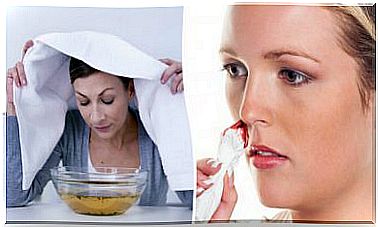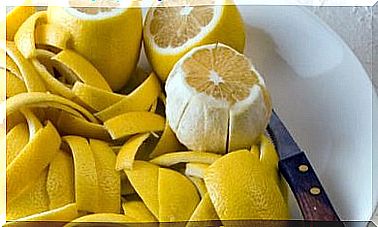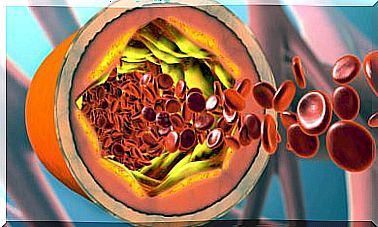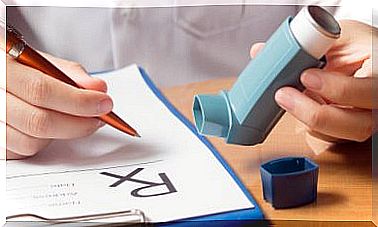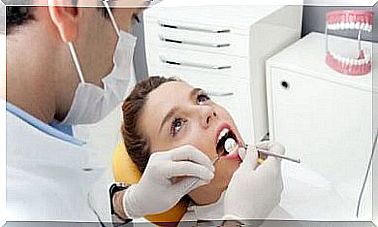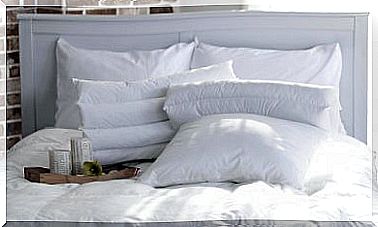Dandruff Or Flaking? What They Are And How To Combat Them
Although in both cases we will resort to natural treatments, to end hair conditions it is essential to first distinguish if we suffer from dandruff or flaking, since the treatments are different
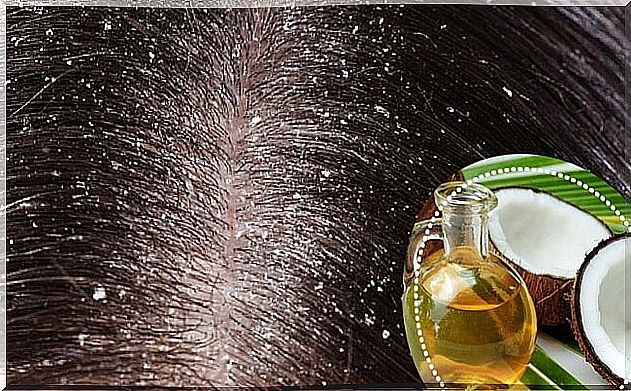
Do you have dandruff or flaking? People with scalp problems don’t always know exactly what they have. For this reason, it is sometimes more difficult to fix.
In this article we explain how you can recognize dandruff or flaking and what natural remedies will help you fight them.
Dandruff or flaking?
Dandruff or flaking are not the same. The origin and the cause of both disorders is very different. For this reason, the first thing we should do is look at how the small scales that come off our scalp are like.
- Flaking : When they are white or transparent, small and dry.
- Dandruff : When they are white or yellow, larger and oily in texture.
What is dandruff?
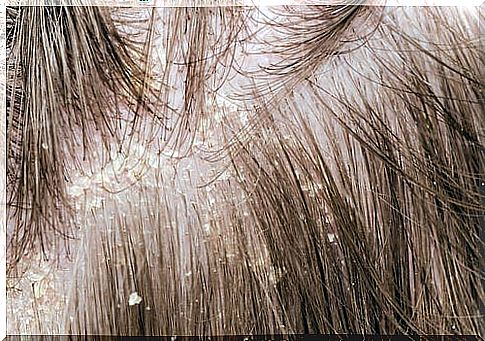
Dandruff is produced by a fungus. Although it is present in all heads, in some cases it acts hyperactive.
In these people, the fungus feeds on the same sebum and causes the cells of the scalp to accumulate excessively. This happens because there is no time for the previous ones to come off.
This imbalance affects almost half of the world’s population, to varying degrees. It can be very itchy.
How do we treat it?
We recommend using essential oils to combat this root problem:
- Tea tree : It is the most effective essential oil to eliminate the fungus, thanks to its antifungal properties.
- Lavender : Soothes itchy skin, is antiseptic and regulates sebum.
- Mint: It has antiseptic, cooling and sebum regulating properties.
What should we do?
- We will add the oils to the shampoo, following the following proportions: 15 drops of each oil for every half liter of shampoo.
- Half an hour before washing our hair, we will massage our scalp with the following mixture. A base of jojoba oil (15 ml) and five drops of each of the oils.
- We can use them in one of these two ways, or we can combine the two to make the treatment more effective.
If you suffer from a lot of itching, we also recommend the following home remedy:
- Dissolve 100 mg of aspirin in half a glass (100 ml) of water. Afterwards, apply it to the scalp, massage it in so that it penetrates well and let it act for half an hour before washing your hair.
- You can apply this simple remedy once or twice a week until the itching disappears.
What is flaking?
Desquamation is a natural process of renewal of the cells of the scalp. Sometimes the scalp is too dry and excessive flaking occurs. Sometimes accompanied by itching.
In this case, what we need is to hydrate the scalp. We will use natural and regulatory products, so as not to overdo it.
How do we treat it?
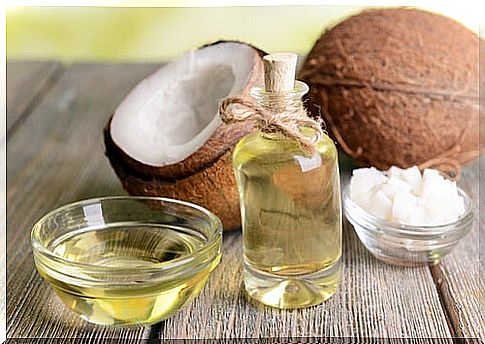
To end the flaking we will need two very effective ingredients:
- Extra virgin coconut oil.
- Jojoba oil
What should we do?
- We will mix these two oils in equal parts, at a slightly warm temperature so that the coconut oil is liquid.
- Next, we will apply them all over the scalp throughout the night.
- In the morning we can wash our hair normally.
General tips
There are some general health tips that will be useful to treat dandruff or flaking:
- Use natural shampoos, without sulfates (they dry out the scalp) and without petroleum derivatives such as paraffin, alcohol, silicones and parabens.
- Avoid using too hot water in the shower. It is best to use warm water on the head.
- Avoid the use of irons and dryers, as well as aggressive hairdressing treatments that progressively dry out and damage the hair.
- As a natural hair conditioner you can use one part apple cider vinegar diluted in three parts water. This will give your hair shine and balance the pH of the scalp.
- Food is essential to avoid dandruff or flaking, since the state of our liver and our kidneys is also reflected in the hair.
- We must avoid excess red meat and sausages, dairy products, refined flours, sugars and hydrogenated fats, and increase the consumption of fruits and vegetables, whole grains, legumes, nuts and seeds.
- Lastly, avoid stress.
If the problem persists despite these remedies or you feel very irritated scalp, we recommend that you consult your family doctor.

